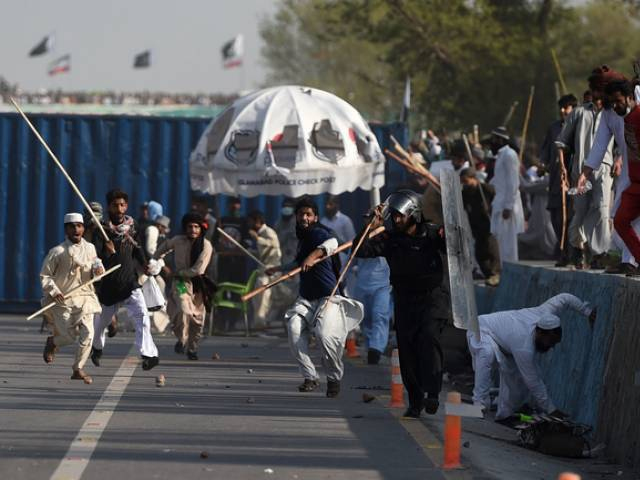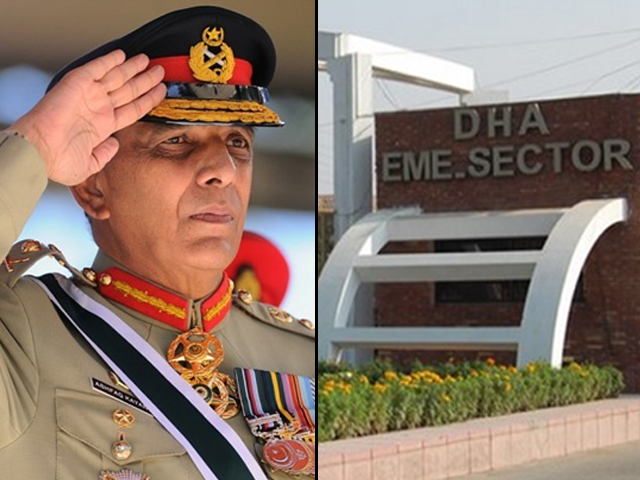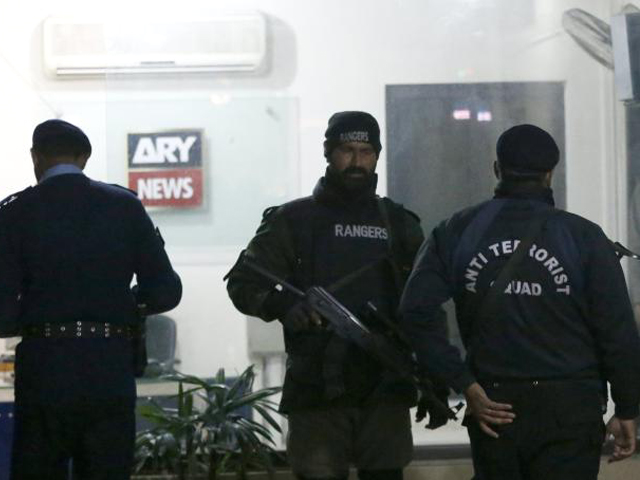
Water supply: Trickling into anarchy
Pakistan is sitting on a water scarcity, social time bomb - will water blow up the country before the extremists do?
Water — the most basic element necessary to sustain life and the most powerful source for internal strife.
Water shortages are becoming a norm in Pakistan, with the contributing factors a mix of controllable and uncontrollable ones, such as inefficient water management and climate change respectively.
While the former results in reduced water supply due to inefficient and insufficient water distribution networks, the latter causes erratic weather patterns and reduced input from glacial melt, because the rising temperature of the world is causing glaciers to disappear.
At local and national levels, the approach to addressing water-related problems has been mostly reactive instead of proactive. This has lead to widespread water shortages, droughts, and as odd it may seem, flooding.
Meanwhile, increased demand due to the explosive rate of population growth and rural-urban migration further compounds the water issue, making it a perfect catalyst for strife.
Islamabad, Rawalpindi, and the country in general are battling water shortages with stop-gap solutions. City managers are quick to cite power outages and extreme heat as the causes of the shortage, with the CDA having pondered over installing generators through a questionable no-bid contract, claiming the contact is legit because it falls under the emergency exemption clause in public procurement rules.
However, regulators said that calling this an unforeseen emergency is a bit of a stretch, considering it quite literally happens every year. Water shortages need to be addressed thoroughly. Islamabad’s population has doubled in the last decade, and simply upgrading existing resources or bringing defunct pumps back online will not address the problem.
The population of Pakistan has doubled in the last 30 years, yet no grand-scale water projects have been carried out in that period.
The last major water project — Tarbela Dam — began working in 1976. Since then, a few small dams have been opened, but these are insufficient to meet the broader needs of their own areas, let alone a country of 180 million.
Human beings can accept illiteracy, poverty, and to a degree, even hunger. Problems oriented around these issues can be addressed through long and short-term measures, but water is a different story.
Water is, and will continue to be a global issue, but for Pakistan — which along with the rest of South Asia has seen water availability per capita fall an astonishing 70 per cent since 1950 — the problem is increasingly alarming.
An area can be defined as water-stressed if the per capita supply falls below 1,700 cubic metres annually. Places with levels below 1,000 cubic metres per person are suffering from water scarcity. According to the UN, Pakistan’s availability of water is about 1,090 cubic metres per person.
Writing for TomDispatch.com, Peace and World Security Studies Professor Michael Klare explained that there are,
“Two nightmare scenarios — a global scarcity of vital resources and the onset of extreme climate change – [which] are already beginning to converge and in the coming decades are likely to produce a tidal wave of unrest, rebellion, competition, and conflict. Just what this tsunami of disaster will look like may, as yet, be hard to discern, but experts warn of “water wars” over contested river systems, global food riots sparked by soaring prices for life’s basics, mass migrations of climate refugees (with resulting anti-migrant violence), and the breakdown of social order or the collapse of states. At first, such mayhem is likely to arise largely in Africa, Central Asia, and other areas of the underdeveloped South, but in time all regions of the planet will be affected.”
Pakistan is clearly sitting on a water scarcity based social time bomb. The only question is, will water blow up the country before the extremists do.
Read more by Vaqas here or follow him on Twitter @vasghar




COMMENTS
Comments are moderated and generally will be posted if they are on-topic and not abusive.
For more information, please see our Comments FAQ